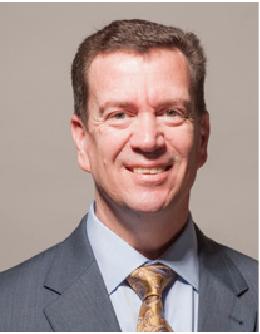
|
Stephen W. Turner
Stephen Turner is a Computer Scientist and Associate Professor at the University of Michigan-Flint. He holds Ph.D. and Master's degrees in Computer Science from Michigan State University, as well as a B.S. in Computer Science and Applied Mathematics from Western Michigan University.
As an educator, he views himself as a generalist within his discipline, which is reflected in the extensive list of courses he has offered during his career. However, his focus has typically been on computer systems topics such as operating systems, computer networks and parallel/distributed processing. He has extensive experience in curriculum development, having authored or co-authored three programs at the undergraduate and Master's levels. Additionally, Dr. Turner works yearly on efforts toward program assessment, as well as program-level and institutional accreditation.
He is the author or co-author of a number of papers in the scholarship of discovery and in pedagogical areas. Publications have included work on computer cluster scheduling and multiple-channel mobile ad hoc networks. Recently, his research agenda has expanded to examine the intersection of the smart grid, smart cities, and intelligent transportation systems, as well as Infrastructure as a Service in Cloud Computing. His pedagogical work has focused on the effective delivery of distance education, as well as enhancing student engagement and interest.
Dr. Turner has served as chair of a large and diverse department that offers programs in Computer Information Systems, Computer Science, Mechanical Engineering, and Physics. Additional university service has included terms as a graduate program director, undergraduate program director, and serving as chair of or working on numerous strategically-oriented university committees. Most recently, he has worked on strategic enrollment management (SEM), his university’s quality initiative for institutional re-accreditation through the Higher Learning Commission, and a major reorganization of student advising processes within his college. He has also followed an extensive program of professional development including his completion of an ACE Fellowship, the Project Kaleidoscope Summer Leadership Institute, and development programs internal to his university.
|